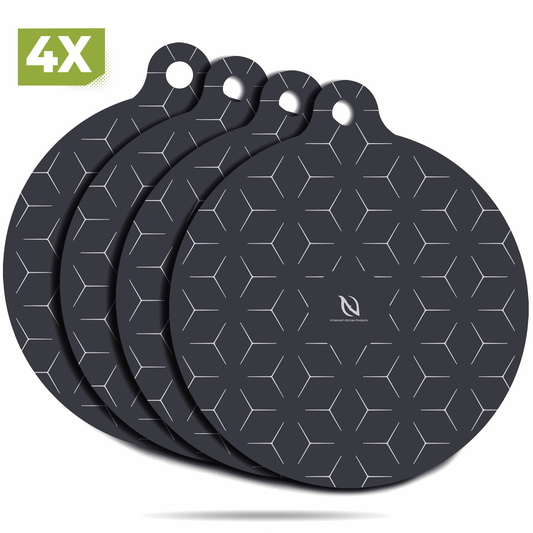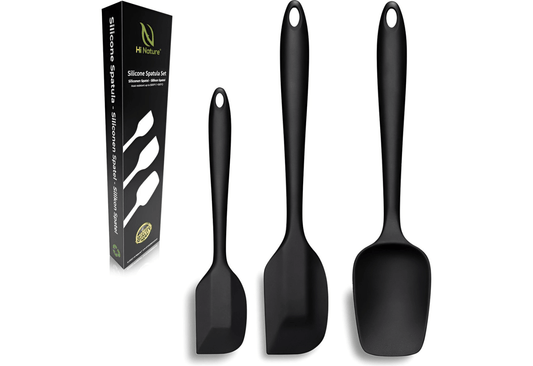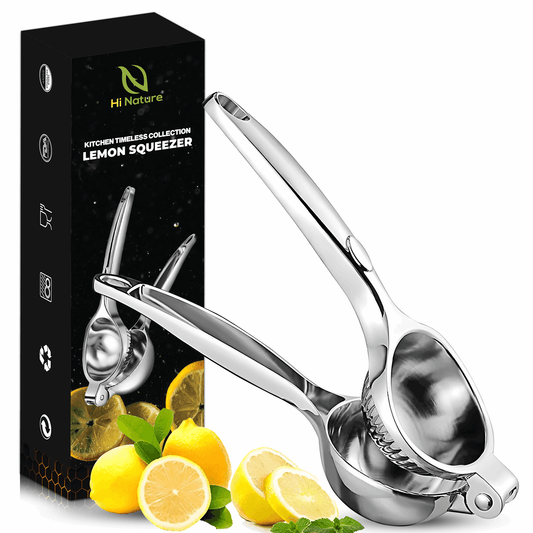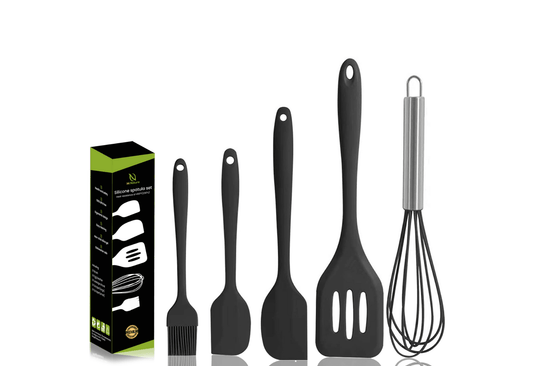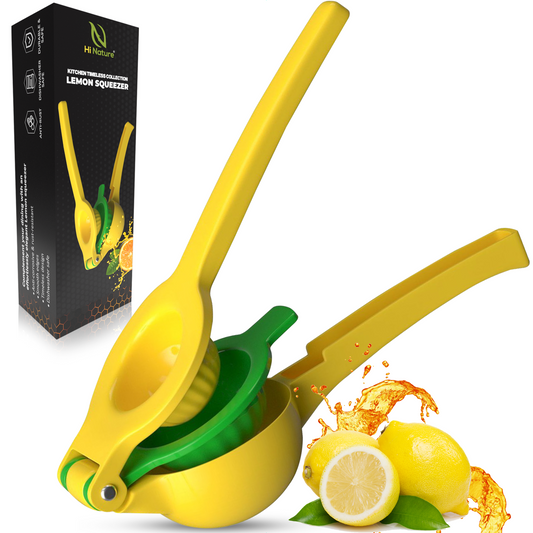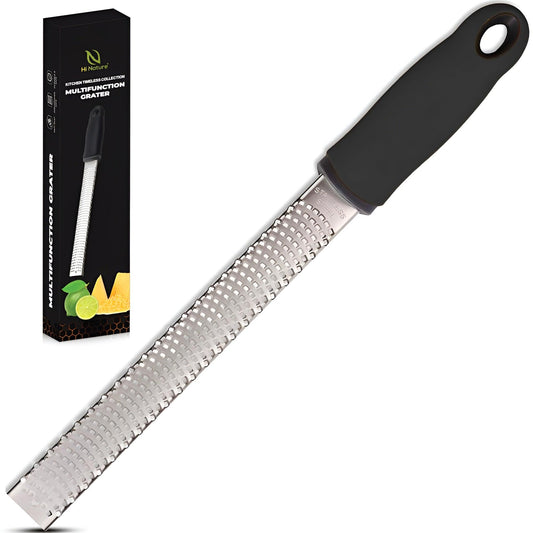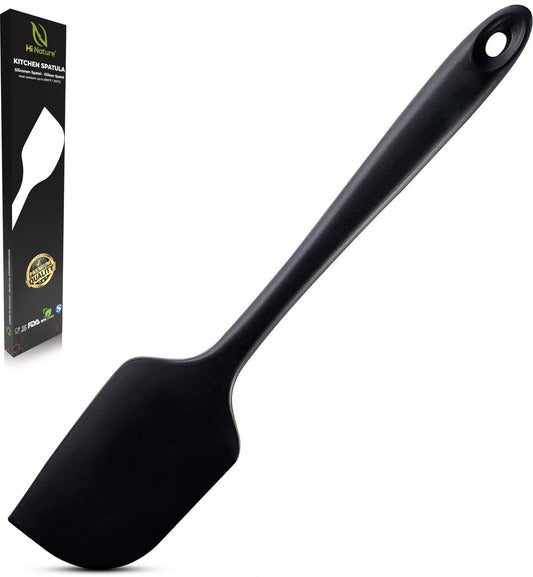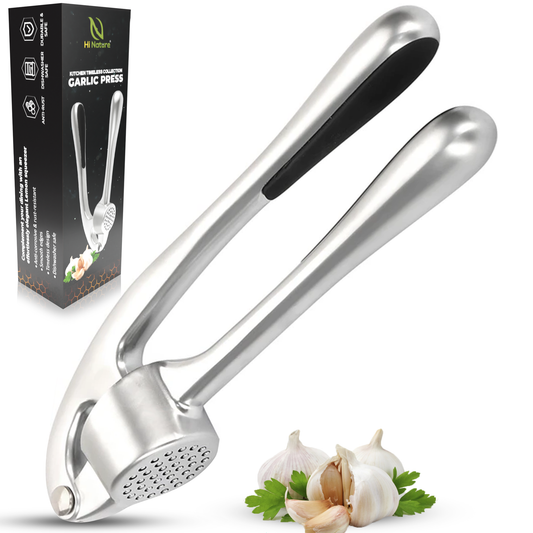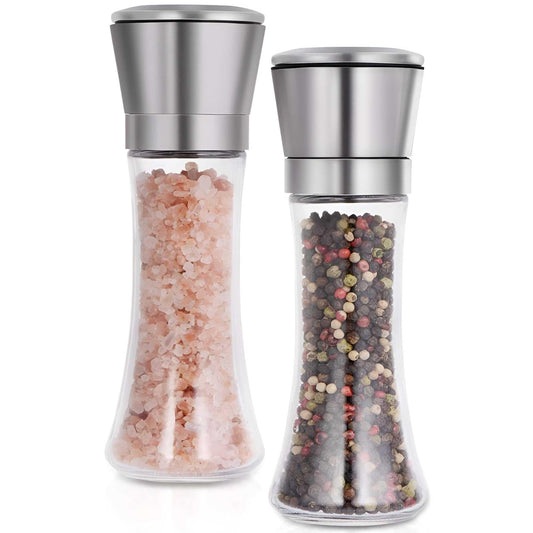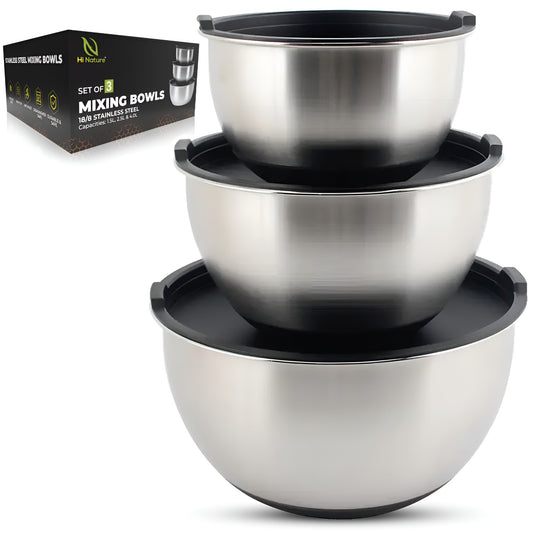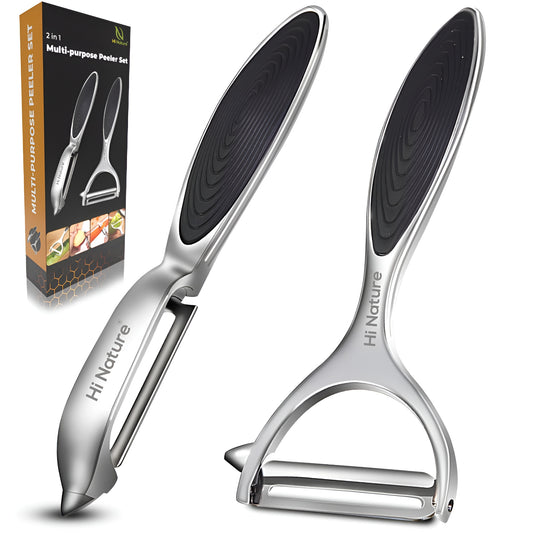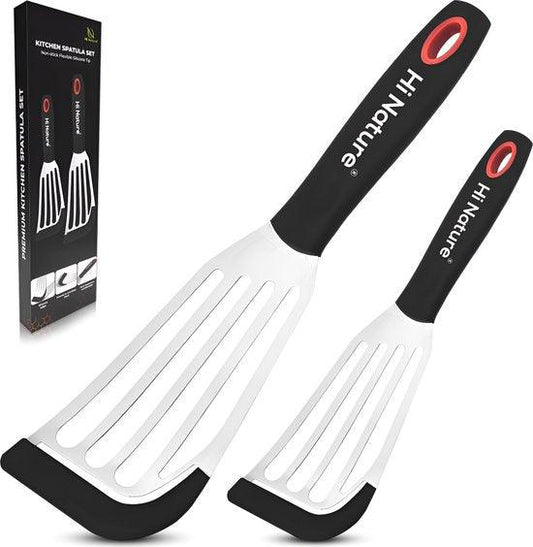Prep containers are a convenient solution for meal prepping. They help you save time, eat healthier, and keep meals fresh longer. But how safe are the containers you store your food in?
Many people use plastic meal containers without realizing that some materials can release harmful substances, harbor bacteria, or aren't microwave- and freezer-safe . This can impact both your health and the quality of your meals.
In this guide, you'll discover what to look for when choosing safe and durable prep containers and which materials are the best choice.
Why the right prep containers are important
Not all prep containers are safe. Some materials can:
✅ Release harmful chemicals like BPA into your food.
✅ Will warp or crack in the microwave or freezer.
✅ Promote bacterial growth due to poor seals or porous materials.
✅ Retain odors and stains , which can affect the taste of your food.
How do you choose the right prep containers?
Use this checklist to check if your prep containers are safe and suitable for everyday use:
✔ BPA-free and food-safe
✔ Suitable for microwave and freezer
✔ Airtight and leak-proof
✔ Easy to clean and dishwasher safe
✔ Sustainable and environmentally friendly
Let's dive deeper into the key considerations.
1. Are your prep containers BPA-free?
Many plastic prep containers contain Bisphenol A (BPA) , a chemical that can leach into food when heated. This can lead to hormone disruption and other health risks .
✅ Solution:
- Always choose BPA-free prep containers.
- Use glass, stainless steel, or food-safe silicone as an alternative.
- Check that plastic containers contain #5 PP (polypropylene) , a safer type of plastic.
2. Are your prep containers suitable for microwave and freezer?
Not all prep containers are safe to use at high or low temperatures . Some plastic containers melt or warp in the microwave , while others crack in the freezer, potentially leading to bacterial growth.
✅ Solution:
- Choose prep containers that are clearly microwave and freezer safe .
- Glass and silicone are the best materials for varying temperatures.
- Avoid thin plastic containers that can be damaged easily.
3. Are your prep containers properly sealed? Bad lids can cause spoilage.
Lids that don't seal properly allow air and moisture to enter your prep containers , causing food to spoil faster.
✅ Solution:
- Use leak-proof and airtight prep containers to keep your food fresh for longer.
- Replace damaged or deformed covers immediately.
- Test the seal by filling the container with water and shaking it.
4. Do your prep containers retain odors and stains?
Plastic prep containers often absorb strong odors and stains from things like tomato sauce or curry. This means food residue soaks into the material, which can attract bacteria.
✅ Solution:
- Use non-porous materials such as glass or stainless steel.
- Clean plastic containers with a mixture of baking soda and vinegar to remove stubborn odors.
- Avoid storing fatty and highly spiced foods in plastic containers.
5. Are your prep containers sustainable and environmentally friendly?
Cheap plastic prep containers wear out quickly and often end up in the trash. This contributes to environmental pollution and microplastics .
✅ Solution:
- Invest in durable and reusable prep containers like glass, stainless steel, or silicone.
- Avoid single-use plastic and choose eco-friendly options .
- Maintain your containers well to extend their lifespan.
Frequently Asked Questions (FAQ)
1. What are the best prep containers for meal prepping?
The best prep containers are BPA-free, microwave- and freezer-safe, and made of durable materials like glass, stainless steel, or silicone.
2. Are plastic prep containers safe?
Yes, as long as they are BPA-free and food-safe . Preferably choose #5 PP (polypropylene) plastic and avoid exposure to high temperatures.
3. How often should I replace my prep containers?
- Plastic containers: Replace them as soon as they show scratches, stains, odors, or deformities .
- Glass and stainless steel: Last much longer and only need to be replaced if broken.
4. Can prep containers go in the dishwasher?
Yes, but plastic containers can wear out faster in the dishwasher. Glass and stainless steel hold up better to dishwashing .
5. Are silicone prep containers a good alternative?
Yes, silicone containers are flexible, BPA-free, and resistant to heat and cold , making them a safe and sustainable alternative .
Expert Advice: The Right Prep Containers Make a Difference
The right meal containers can not only keep your food fresh longer, but also preserve nutrients and reduce the risk of harmful exposure. I recommend glass and stainless steel for those looking for the safest options.
— Dr. Emily Carter , nutritionist & food safety expert
Conclusion: choose safe and sustainable prep containers
Your meal prep is only as good as the containers you use. By investing in high-quality, food-safe prep containers, your meals will stay fresh longer, free of harmful substances, and better for the environment.
✨ Time to improve your meal prep?
✅ Switch to safer, more sustainable prep containers and eat healthier!
💬 Which prep containers do you use? Share your experiences in the comments!
📢 Tag us on social media with your best meal prep setup using #VeiligePrepBakjes and get featured!
Discover safe and sustainable prep containers from Hi Nature
Looking for reliable and environmentally friendly solutions for your meal prep? Hi Nature offers a selection of high-quality products that meet the highest standards of food safety and ease of use:
-
Storage Containers Set of 4 Pieces
These collapsible silicone containers are BPA-free and microwave-, freezer-, and dishwasher-safe. With capacities ranging from 350 ml to 1200 ml, they're ideal for a variety of meals. -
Glass Storage Containers Set of 5 Pieces
Made of durable borosilicate glass with leak-proof lids, these containers are perfect for storing food without odors or stains. They are oven, microwave, and dishwasher safe.
🛒 Check out the full range at Hi Nature and choose the perfect solution for your meal prep needs!


